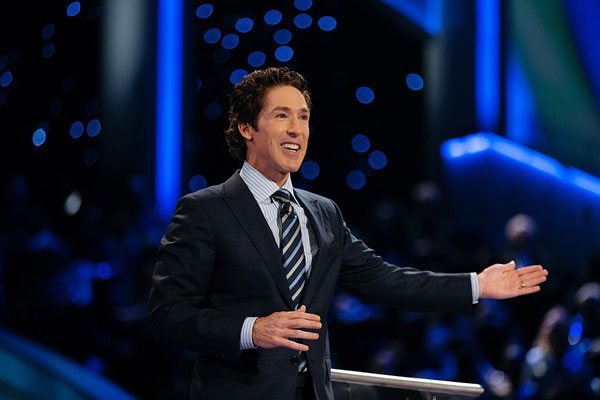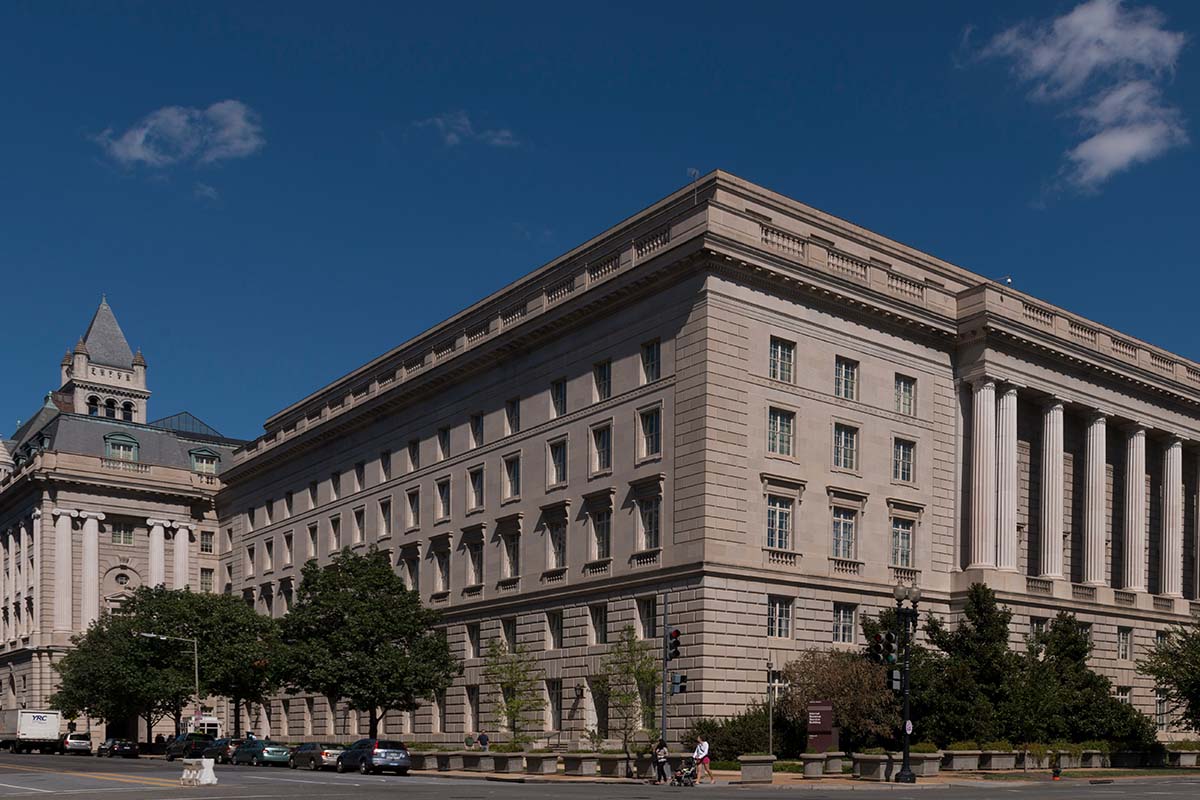
August 30, 2017; Salon
Joel Osteen, pastor of the evangelical Lakewood Church in Houston, came under fire this past week for allegedly not opening his over 16,000-seat church to survivors of the Houston floods that have displaced an estimated 30,000 people and killed at least 40. He refuted the allegations, stating in a TV interview that the church building “had safety issues,” that city officials “did not initially ask” for his help, and that the church has been open since Day One and remains so. Photos have since appeared on Twitter showing that Lakewood was indeed flooded and suggesting that it was not originally in a state to accommodate survivors. Yet Osteen remains the object of scathing online criticism, the harshest of which has tagged him as uncaring beside the apparently more spontaneous responses of private business and other religious groups.
Heated social media reactions to Osteen’s predicament betray an underlying mistrust of the prosperity gospel comity—slick heads of megachurches whose “lavish personal and professional lifestyles,” ostensibly financed by tax-deductible religious donations and querulous business interests, leave much to question. But amid the morass of issues brought into relief by this saga lie some simple questions:
Sign up for our free newsletters
Subscribe to NPQ's newsletters to have our top stories delivered directly to your inbox.
By signing up, you agree to our privacy policy and terms of use, and to receive messages from NPQ and our partners.
- Does the Church give back to society, beyond countless sermons promising prosperity to cheerful givers? In what ways does it do this, and how does it respond to host communities’ most pressing needs?
- What measure of social giving by the Church would be commensurate with the incomes that it earns?
- What exactly does the Church do with all the monies raised from tithes, offerings, gifts, product sales, and donations?
- To whom does the Church account for its income management, especially where national laws provide buffers against state regulation?
These questions pertain as much in the coastal U.S. as in Ghana where I am currently doing related research. (As a member of various evangelical—known in much of Africa as Pentecostal—congregations in at least 15 years, I have only once been privy to church accounts in a Baptist gathering.)
The answers to these questions can only be obtained through rigorous research, but evangelical megachurches and their leaders are not known for yielding such information easily. Under the circumstances, it would seem that the push for accountability must come from within. The congregations whose donations are the lifeblood of these churches must begin to demand from their leaders greater accountability for their gifts as a basic principle of financial transparency. To do less would be to mortgage to fallible human nature the prosperity of generations to come.—Titilope Ajayi











